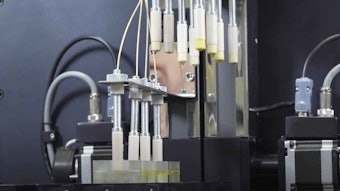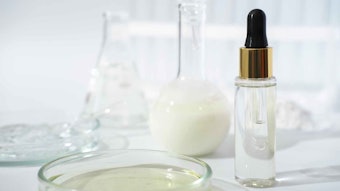The skin is an organ that creates a boundary between our internal physiological system and the environment, thereby protecting against external insults such as UV and cosmic radiation, reactive oxygen species, air pollutants and mechanical damages. Skin is also an important part of the immune system and prevents against excessive water loss through the epidermis.
Located externally, the skin bears the signs of its daily contacts with environmental stresses, which translates into the appearance of fine lines, wrinkles, uneven skin tone and decreased skin hydration. Ultimately, the deleterious consequence of UV radiation – actinic aging – conjugates with the inevitable chronological aging in the appearance of signs of aging.
At the molecular level, constant exposure of skin to the environment may trigger the formation of free radicals, depletion of endogenous antioxidants, suppression of immune functions and the activation of specific matrix metalloproteinases (MMPs). From a physiological standpoint, these molecular reactions may be associated with oxidative stress, membrane lipid peroxidation, weakened immune surveillance, inflammation and the progressive dismantlement of the extra cellular matrix (ECM) 3-D structure. The collapse of the ECM is believed by many to represent a key event in the loss of skin elasticity and hydration and in the appearance of signs of aging.
Biotechnology-based cosmetic companies have developed numerous topical formulations aimed at alleviating the appearance of signs of aging by acting directly on the underlying molecular mechanisms. In some cases, these topical formulations have proven to be efficacious in improving the skin appearance of consumers. However, applying active ingredients on the surface of the skin may not be the only mode to provide benefits to the skin.










